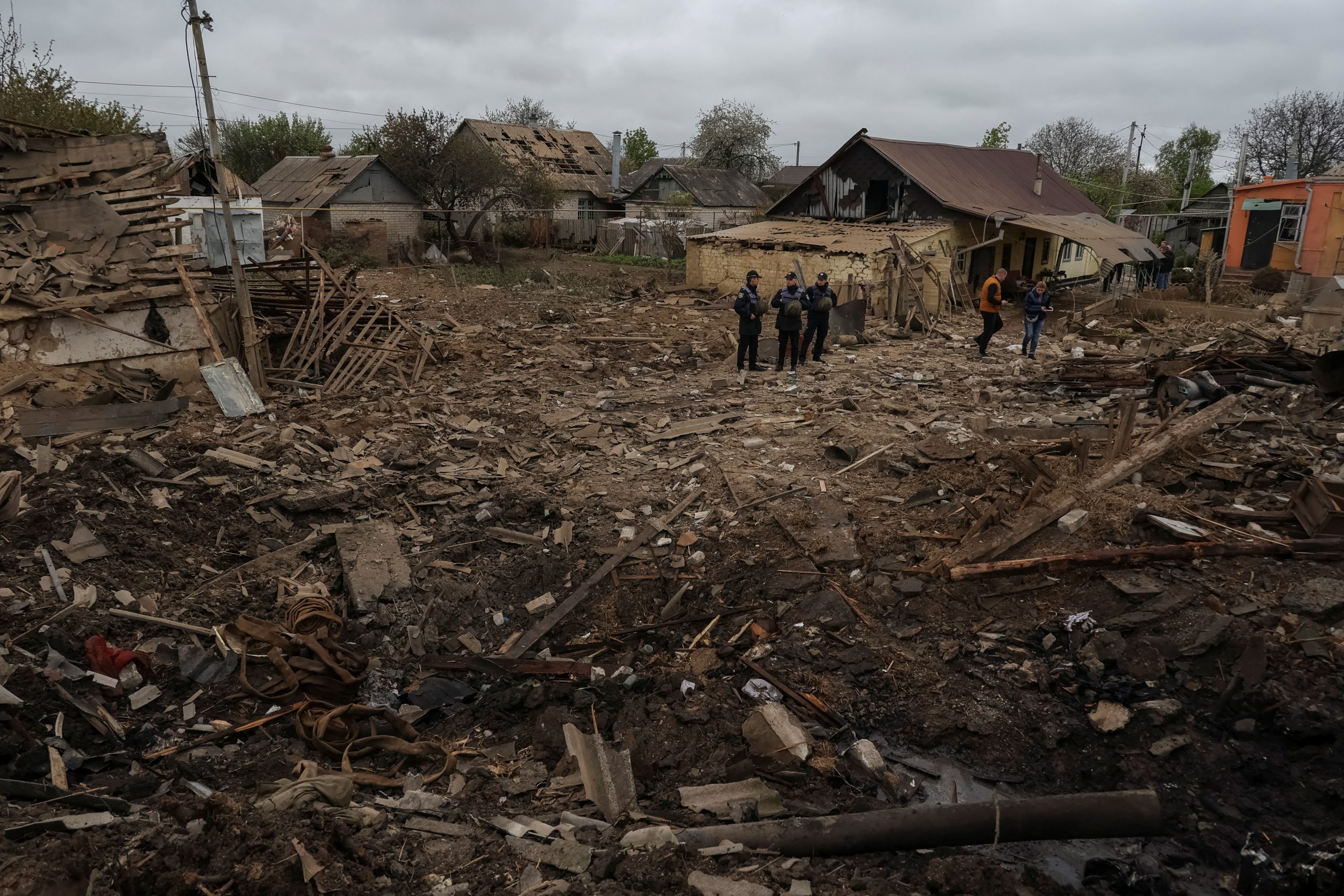
Chris Lange, FISM News
[elfsight_social_share_buttons id=”1″]
The White House said on Monday that Russia has suffered an estimated 100,000 casualties since December, including more than 20,000 killed, while weapons and ammunition stockpiles have been significantly depleted.
White House National Security Council spokesman John Kirby told reporters that the new estimates are based on recently declassified U.S. intelligence documents, the Associated Press reported. He declined to identify the source of the new intel.
Gen. Mark Milley, the chairman of the Joint Chiefs of Staff, stated in November that within the first eight months of the invasion, Russia had suffered more than 100,000 casualties. The updated data, therefore, suggests that Moscow’s losses have increased sharply in the months following the autumn assessment.
According to Kirby, about half of the 20,000 Russians killed in combat over the past five months were contracted Wagner Group fighters in the eastern Donetsk region of Ukraine, where Russia’s military offensive has been met by fierce resistance from Kyiv’s forces. The Donetsk oblast includes Bakhmut, the site of perhaps the bloodiest combat to date in the conflict where Russia has struggled to make gains for 10 months.
Kirby said that Wagner forces, many of whom are released convicts, were “thrown into combat” despite lacking “sufficient … combat training, combat leadership, or any sense of organizational command and control.”
He likened Russia’s casualty count for “this little town of Bakhmut” to some of the most intense fighting of World War II, drawing comparisons to the Battle of the Bulge and the Guadalcanal campaign.
The 10-month-long battle for the eastern Ukrainian city has taken on a symbolic importance for both sides as they seek a breakthrough in the 15-month war that has seen little movement in the front lines since late 2022.
Reuters reported Tuesday that Russian and Wagner troops have been fighting their Ukrainian counterparts house by house in the industrial city in an attempt to seize control of the last remaining road to the West that remains under Ukrainian control. The so-called “road of life” serves as a critical route for fresh supplies and troops.
UKRAINE, RUSSIA BOTH CLAIM GAINS IN BAKHMUT
Russia had been making incremental gains in recent weeks, but Ukraine’s military announced on Tuesday that it has reclaimed some of the territory lost.
“The situation (in Bakhmut) is quite difficult,” Col. Gen. Oleksandr Syrskyi, the Ukrainian commander of ground forces, said in a statement on the Telegram messaging app.
“At the same time, in certain parts of the city, the enemy was counterattacked by our units and left some positions” in recent days, he said.
Wagner founder and head Yevgeny Prigozhin complained on Monday that his fighters have received only a third of the artillery shells they need – roughly 300 tons per day.
“Three hundred tonnes a day is 10 cargo containers — not a lot at all,” Prigozhin said in a Telegram post.
He posted separately that his forces had advanced roughly 400 feet into Bakhmut at the cost of the lives of 86 of his fighters.
Syrskyi said that “the enemy is unable to take control of the city,” despite the fact that new Russian units are being “constantly thrown into battle for Bakhmut.”
The Insititute for the Study of War said that Russia’s second of two massive aerial assaults in under a week destroyed the Pavlohrad Chemical Plant in Ukraine’s Dnipropetrovsk Oblast. A missile strike on the plant caused “a massive explosion on impact,” according to the D.C.-based think tank’s latest assessment of the conflict.
Russia’s Defense Ministry claimed on Monday that “the strikes targeted Ukrainian military-industrial objects and successfully disrupted the production of military resources.” Ukrainian Air Force Spokesperson Yuriy Ihnat, however, pointed out that the two strategic bombers used in the attack “carried far fewer missiles than their maximum load,” which he claimed shows that Moscow “continues to struggle with adequate production of such munitions.”
The ISW further noted that Russia’s military has begun “actively describing strike campaigns” in stark contrast to previous rhetoric. This, the report stated, is likely meant to counter mounting concerns expressed by Russia’s influential military bloggers that Ukraine’s spring counteroffensive could significantly alter the outcome of the war in Kyiv’s favor. The report surmised that the Kremlin wants to project a “proactive approach” to Kyiv’s new offensive.
